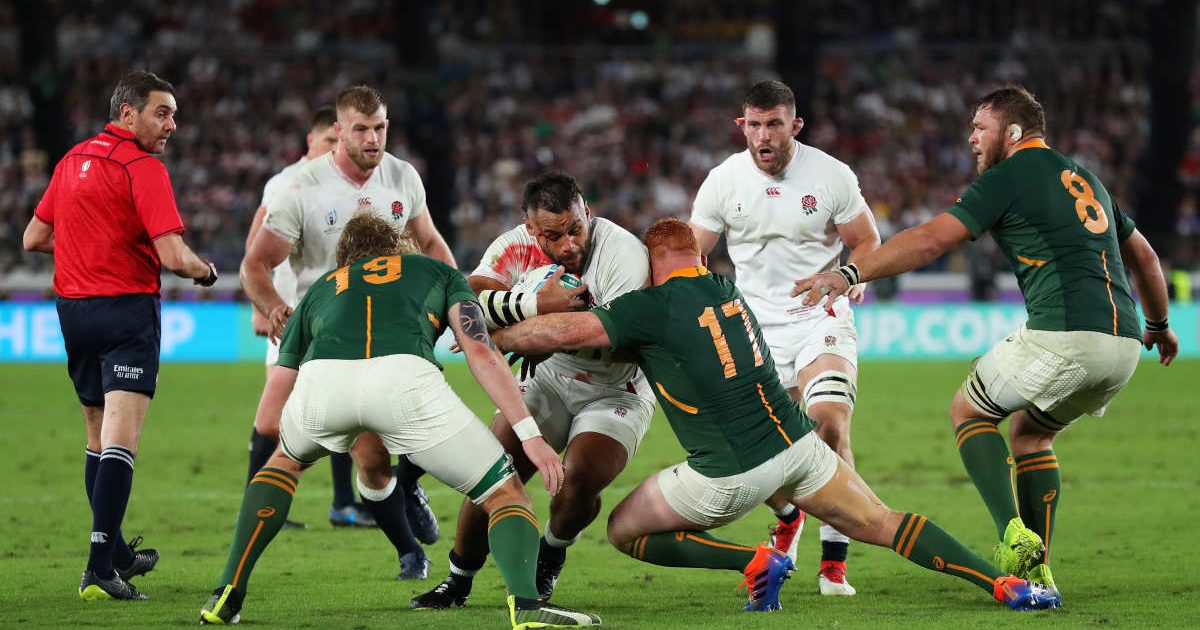World Rugby set to unveil brand new insights for fans at World Cup

A brand new set of data insights are set to be showcased for the first time ever in international rugby this Rugby World Cup as part of the broadcast coverage for viewers at home.
In what is looking like the most eagerly anticipated opening round of a World Cup in its history, World Rugby, alongside Capgemini and statistics provider Opta, are set to provide viewers with new insights and on-screen graphics, with the aim of providing fans with a far greater level of team analysis and improving the viewing experience. The three data insights that will be provided in-game are ‘Pitch Position Insights’, ‘Expected Points’ and ‘Momentum Tracker’.
After these insights were revealed, Chief Marketing & Communications Officer at Capgemini, Virginie Regis, said: “Fans expect more data-enhanced experiences from sports, and Rugby World Cup 2023 is a fantastic, global opportunity to test these new broadcast graphics.”
‘Pitch Position Insights’ help fans understand where on the pitch a team is most likely and least likely to score a try, and conversely where a team is most likely or least likely to repel a try. As a result, it is split into ‘Average Try Success Rate’ and ‘Defensive Success Rate’- a team’s chances of scoring a try in a certain position on the field before the end of possession, and a team’s chances of preventing a try.
France’s World Cup opener on Friday against the All Blacks will be a game of fine margins, and this is data will help fans gauge the chances of success either team will have in various positions. For example, France have a 34 percent chance of scoring a try from an attacking set-piece in the left corner, while the All Blacks have a 77 percent chance of defending it.


‘Expected Points’ is a concept that some fans may be familiar with already having seen ‘XP’ or ‘XG’ in other sports. This has now been applied to rugby, where a number of points a team is expected to score from a certain position is determined using historical and real-time data. These include the current score in the game, number of players on the field, the stage in the match, where possession originated on the pitch and pre-game score predictions.
This is split into ‘Match XP’ – the amalgamation of ‘Expected Points’ and ‘Expected Tries’ in a match – and ‘Penalty Decision XP’ – the chances a team have of converting a penalty when kicking for goal or the chances of scoring a try when kicking for touch after being awarded a penalty.

The final insight is ‘Momentum Tracker’, which will obviously help fans see which team has the momentum in the match at a given point in time by taking into account a number of factors. These factors include the score, on-field player advantages, the time in the game, field location, team in possession, phase count and pre-game score predictions.

These insights will feature throughout the tournament and will be very useful from the start, with some crunch games in the opening round as England face Argentina, the reigning champions South Africa get their title defence underway against Scotland and of course France host the All Blacks.
































Typical marketing ploy dreamt up by the wizz kids!! We definately don't need this nonsense 😫